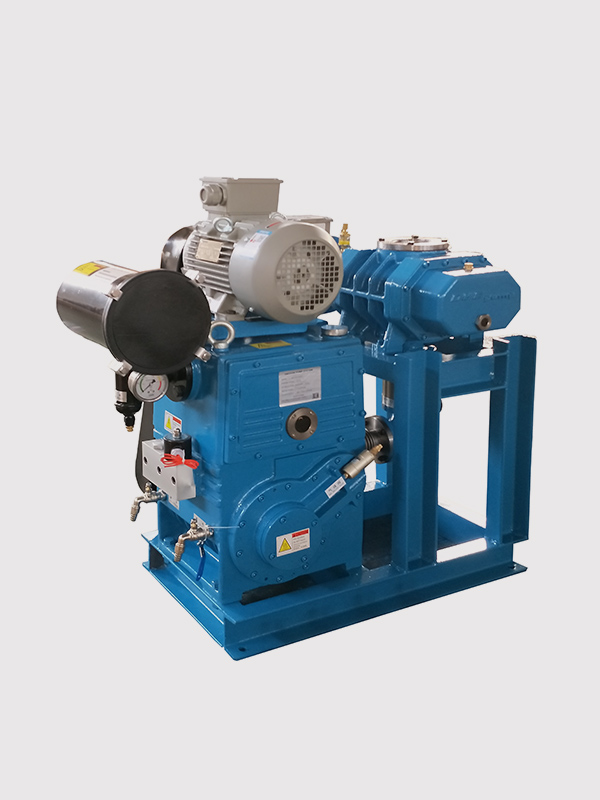Because when the relative humidity is constant, the moisture content of the air will increase with the increase of temperature, and the increase of moisture content will lead to an increase in the partial pressure of water vapor in the vacuum chamber. To reduce the partial pressure of water vapor in the vacuum chamber to 368.74Pa, it is necessary to The condensing coil provides more cooling capacity to condense the excess water, and the consumption of cooling capacity will surely slow down the cooling rate of the condensing coil itself, so the time for the vacuum pump to receive the turn-on command is delayed accordingly. Therefore, reducing the initial temperature of the vacuum chamber air is beneficial to shorten the delayed start-up time of the vacuum pump.

Since the outside air mainly enters the vacuum chamber through the infiltration valve, reducing the temperature of the air in the vacuum chamber can start by reducing the infiltration temperature. When the pre-cooling temperature of the food reaches the predetermined temperature, continue to turn on the compressor, turn off the vacuum pump, and open the air infiltration valve to let the outside air pass through the cold trap and then enter the vacuum chamber; when the vacuum chamber pressure returns to the ambient pressure, close the air infiltration When the relative humidity and temperature of the air in the vacuum chamber drop to the ideal value, turn off the compressor, take out the food, and close the vacuum door; use the remaining cooling capacity of the condensing coil to remove the operating heat.
The advantages of this scheme are that it can effectively prevent the food surface from heating up during the recompression process; before the next test starts, the initial temperature and humidity of the air in the vacuum chamber are reduced; and the remaining cooling capacity of the evaporator is fully utilized.


 English
English Pусский
Pусский Chinese
Chinese
